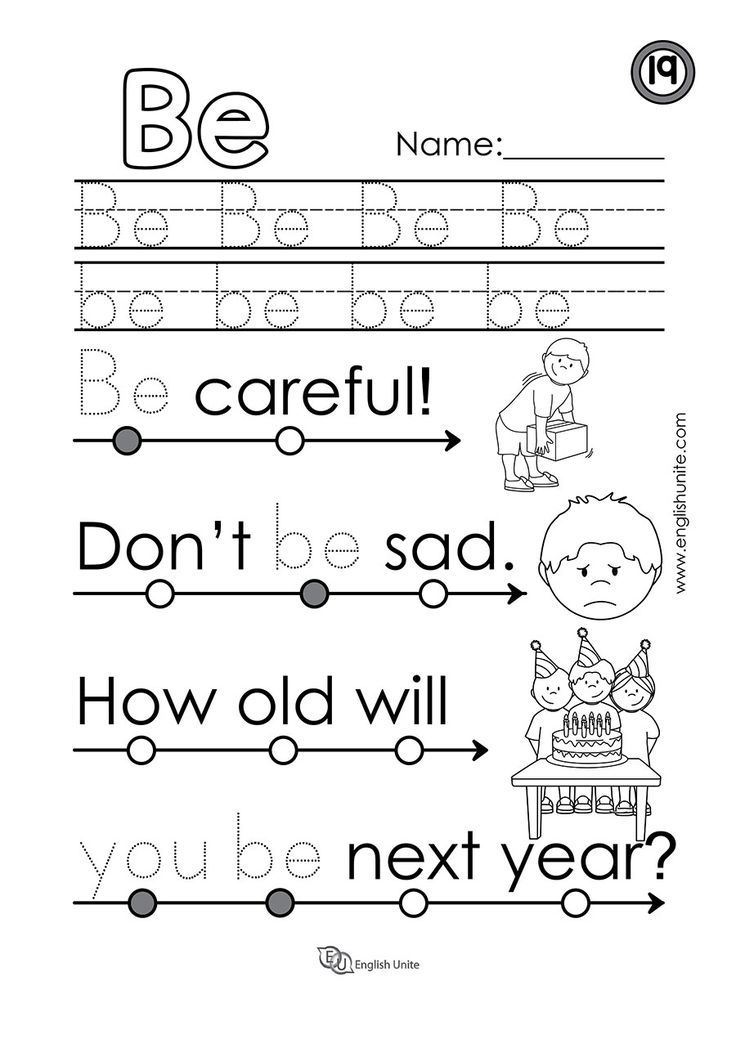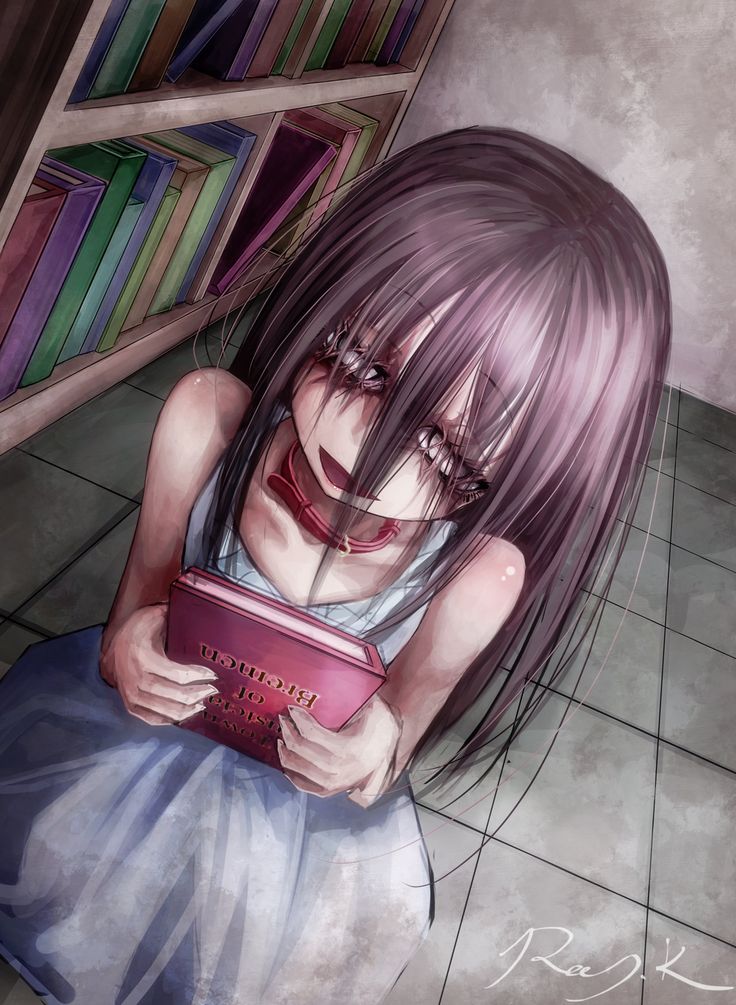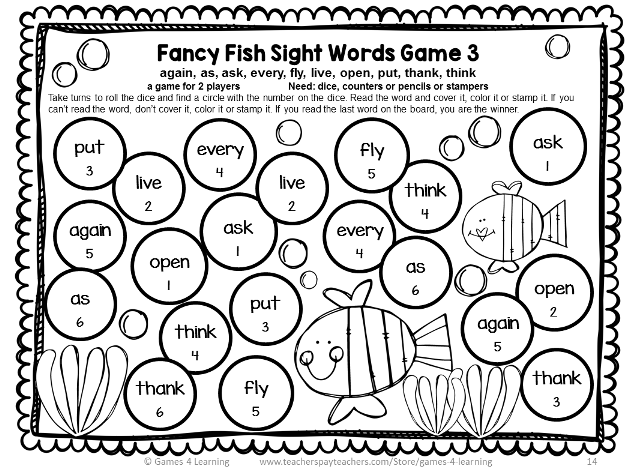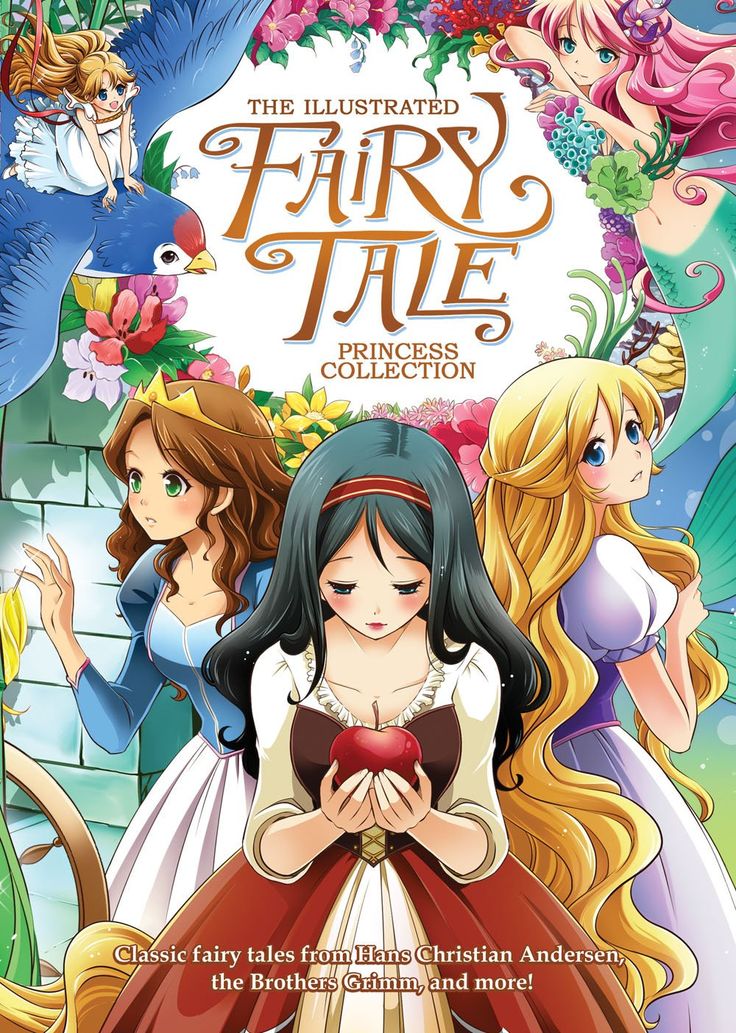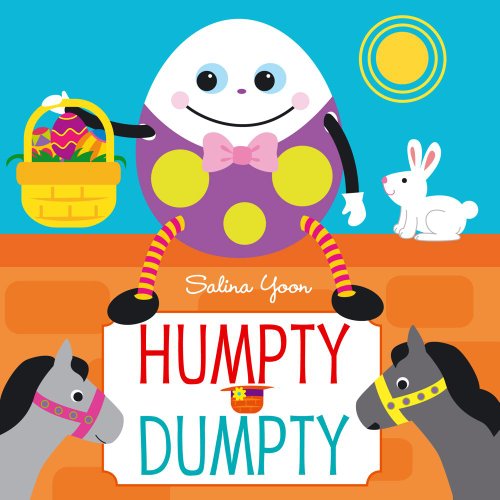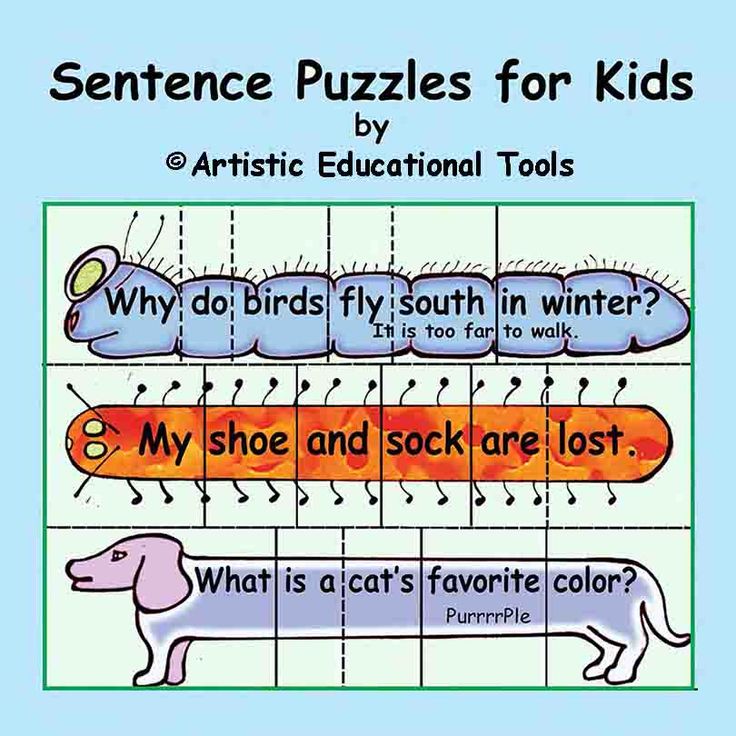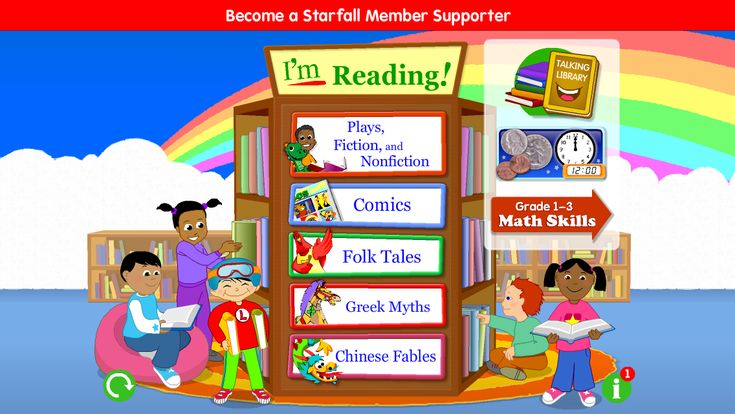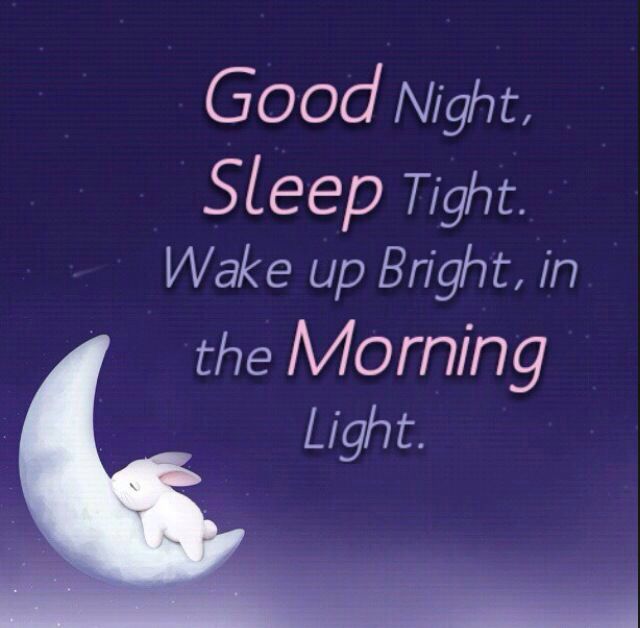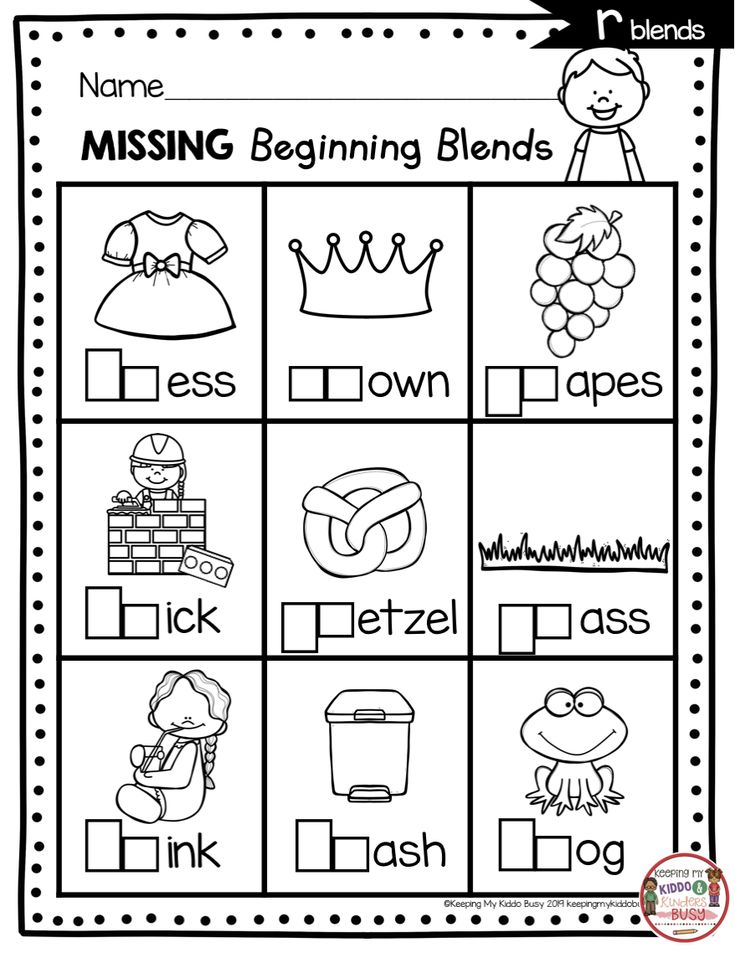Beginners sight words
FREE Printable List of Kindergarten Sight Words & How to Teach Them
If you’ve got a child in kindergarten, you’ll want to get familiar with kindergarten sight words and learn how to teach your child to read & learn sight words.
As a child play therapist and teacher, I understand how important it is to understand what sight words are, as well as understanding which activities, games, and apps are best to use to teach them.
This post has been updated to include more Kindergarten Sight Word Resources for parents and teachers (like this Kindergarten Sight Word Bundle Packet).
Sight words are words that kindergarteners will see the most. Sight words are a commonly used term that usually refers to a set of words that reappears on almost any page of text.
Kindergarten Sight Words and How to Teach ThemThese high-frequency words are seen often. In fact, between 50-75% of your child’s text will include sight words from pre-primer & primer Dolch word lists.
What are sight words?
To become a great reader, children must master their sight words. It is essential to learn their sight words and to continue to practice them. Once your child has mastered them, it is time to move onto the next list.
Kindergarten sight word listWhen your child is looking at these words on a daily basis, they will learn them quickly. Repetition is the key to fluency (reading smoothly, without a lot of pauses), so practicing these words over and over will help to achieve that goal. Here is a FREE printable list of Kindergarten Sight Words (click here, and I will send you the list)
You are welcome to download this free printable sight word list to help your child prepare for kindergarten.Or if you really want the complete package, get this Kindergarten Sight Word Bundle Packet. As a child play therapist, I put this packet together so you can help your child learn sight words. You can print it over and over again to help your child learn his or her sight words.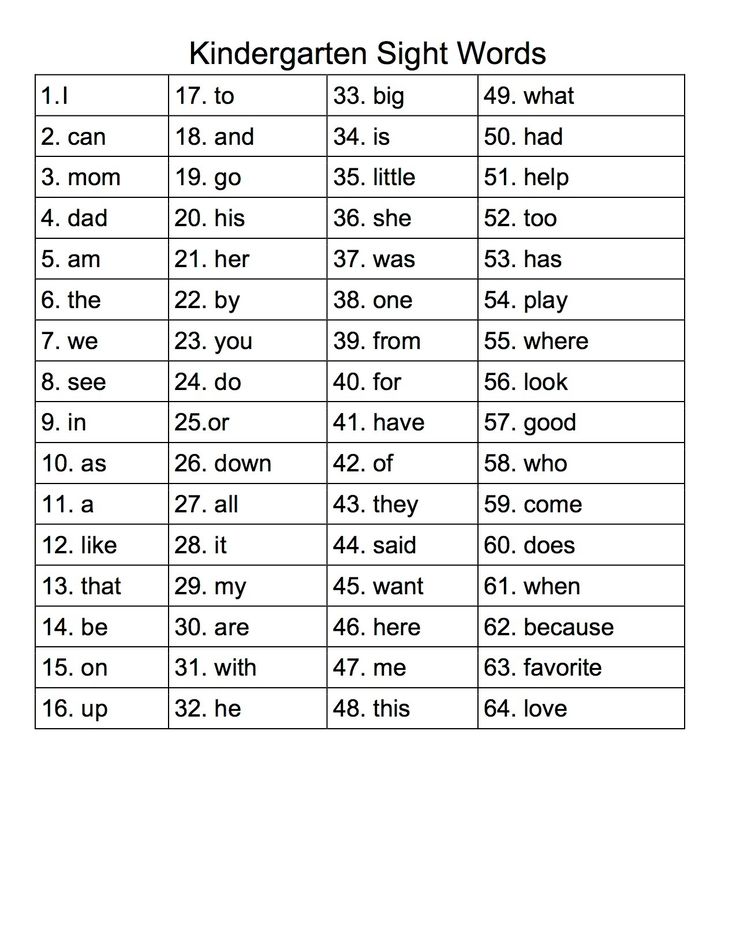
There are 52 sight words that are typically taught in kindergarten.
The Kindergarten Sight Words are:
all, am, are, at, ate, be, black, brown, but, came, did, do, eat, four, get, good, have, he, into, like, must, new, no, now, on, our, out, please, pretty, ran, ride, saw, say, she, so, soon, that, there, they, this, too, under, want, was, well, went, what, white, who, will, with, yes.
These are the 52 most commonly seen words in kindergarten level books. When a child is able to master those words, it not only makes it easier for them to read the words, it also improves their fluency or how quickly and smoothly they can read a passage.
To begin, simply introduce your child to the list (show your child, hang it up, read them).
Read all of the words to your child (every day) and explain that he will be learning a new word every day (or every other day).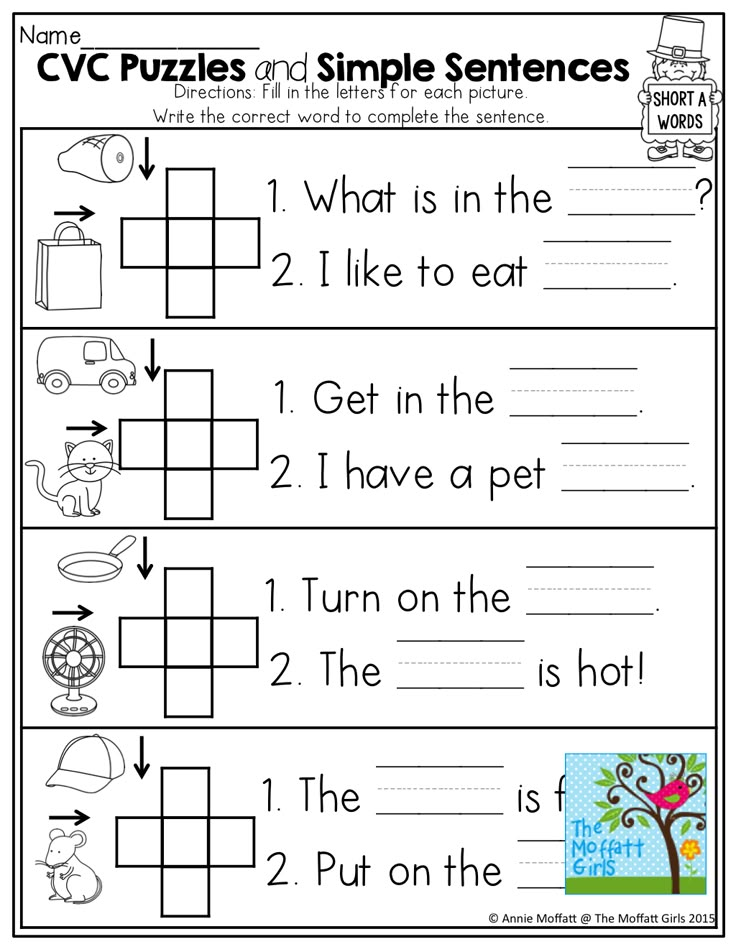 Be excited about it.
Be excited about it.
On day one, see if your child knows any of the words. If they do, put a sticker, a checkmark, or a smiley face to the left of the word (there is space for that). If not, that’s OK! He will.
Every single day, go over the new word, as well as the OLD words that they know. I start by going over the old words with the sticker and then picking a new word. I say it, spell it, say it again, and ask my child to repeat it.
During the day, we will talk about that word and go back to the wall where it is hanging to look at it. I do this at least three times. I keep my chart in the pantry, so anytime our kids eat a snack or want to grab something, they see the words.
Continue to add a sticker, checkmark, or a smiley face to their new words, until the whole list has been completed. From then on, you can just review them every day or every few days.
As the days go on, find these words in other areas (words in books, service words on signs, flash cards before bed…)
Related: YOU ARE WELCOME TO DOWNLOAD THIS SIGHT WORD CHECKLIST ↓ (free) by clicking here.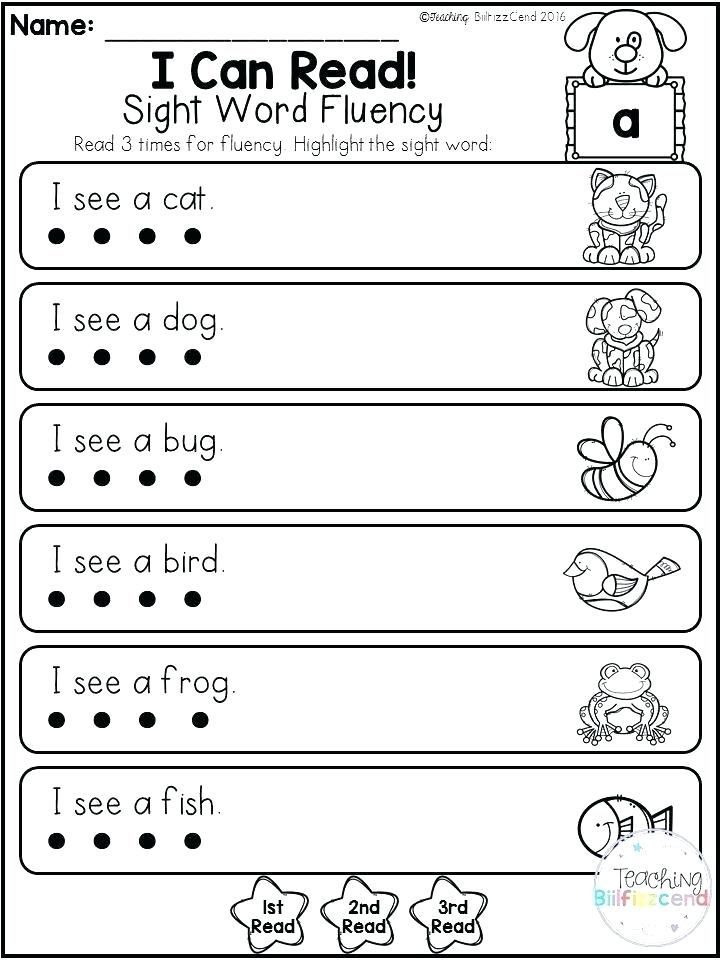
SIGHT WORDS TO TRACE
Tracing kindergarten sight words gives children a chance to engage with the words in a new and different way. By combining multiple learning styles in one lesson, kids are more likely to learn and recall their sight words. Here are a couple of methods for creating kindergarten sight words to trace.
- Rainbow Writing: At the beginning of the school year, have students trace the sight words in three different colors. This repetition helps them develop motor memory while also solidifying the spelling of the word. As the school year progresses, have students write the words independently in three colors. They can overlap the colors or write them three separate times.
- Dry Erase Words: Kids love writing with different writing tools, so dry erase markers always make things more fun!
– Print out the kindergarten sight words you’d like students to practice on a sheet of heavy cardstock.
– Slip the cardstock into a transparent page protector and clip it to a clipboard.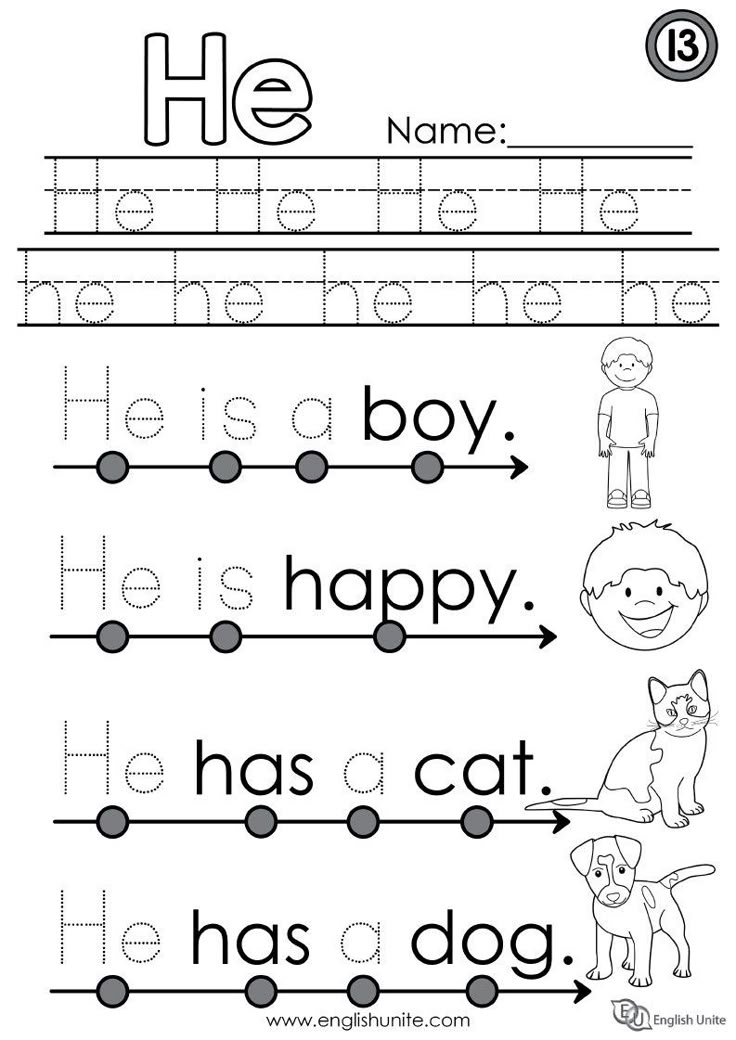
– Then, with a dry erase marker, students can trace the sight words on the page protector.
If they make a mistake, it can be erased with a tissue or an old sock!
Technology has made even the youngest students digitally savvy. If you have access to a computer or tablet and a printer, have your students type their kindergarten sight words and print them out.
Kids love working in word processing programs and learning how to type. They can print the words in different colors, fonts, and sizes. Use the sight words they printed to decorate the room or as part of their reading folder.
If you minimize the page size, you could even use their printed words as Kindergarten sight word flashcards!
SIGHT WORDS IN SENTENCES
Learning sight words are important, but kids need to learn how to identify those words in sentences.
For early readers, being able to pick out kindergarten sight words in sentences means they have a complete understanding of the word.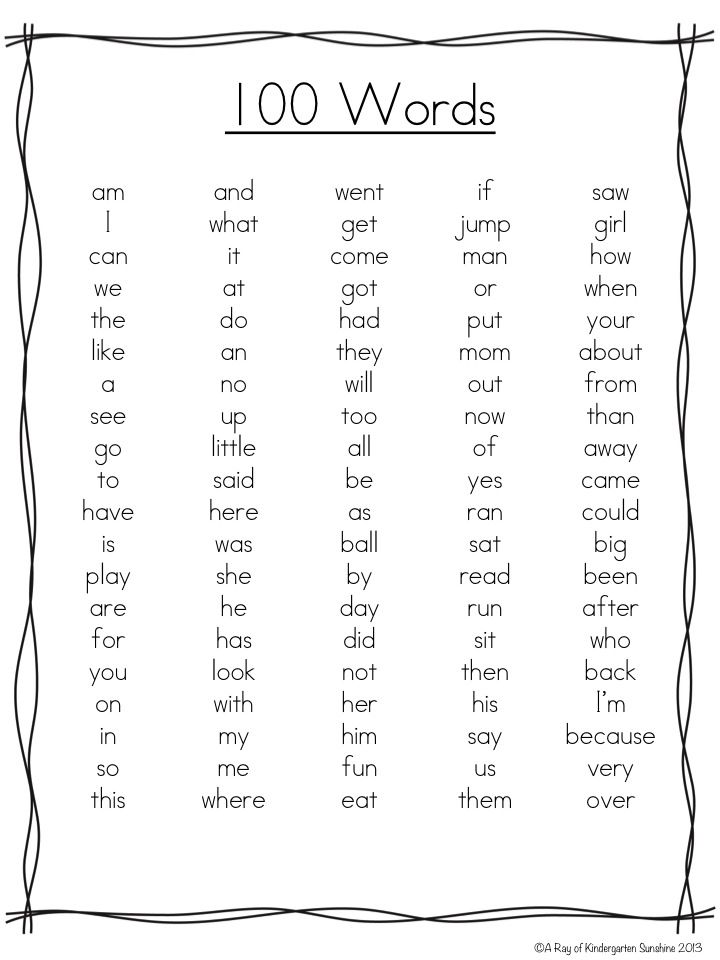
Not only can they trace and write the word, but they can pick it out amidst other words. This is an important skill as they continue to develop their reading abilities.
How do you find them?One way to help kids identify their sight words in sentences is to play a modified version of I Spy. Instead of looking for objects, they are tasked with finding sight words. Give them a highlighter or highlighter tape to cover the word once they have found it.
Since kindergarteners have a limited reading vocabulary, make the sentences as uncomplicated as possible. Even three-word sentences allow students to practice finding and identifying sight words. If you want to make it more challenging, add a couple of sight words in each sentence!
KINDERGARTEN SIGHT WORDS WITH PICTURESKindergarten sight words are basic words that are seen the most frequently in grade-level books. Many of the words are hard to illustrate because of their simplicity.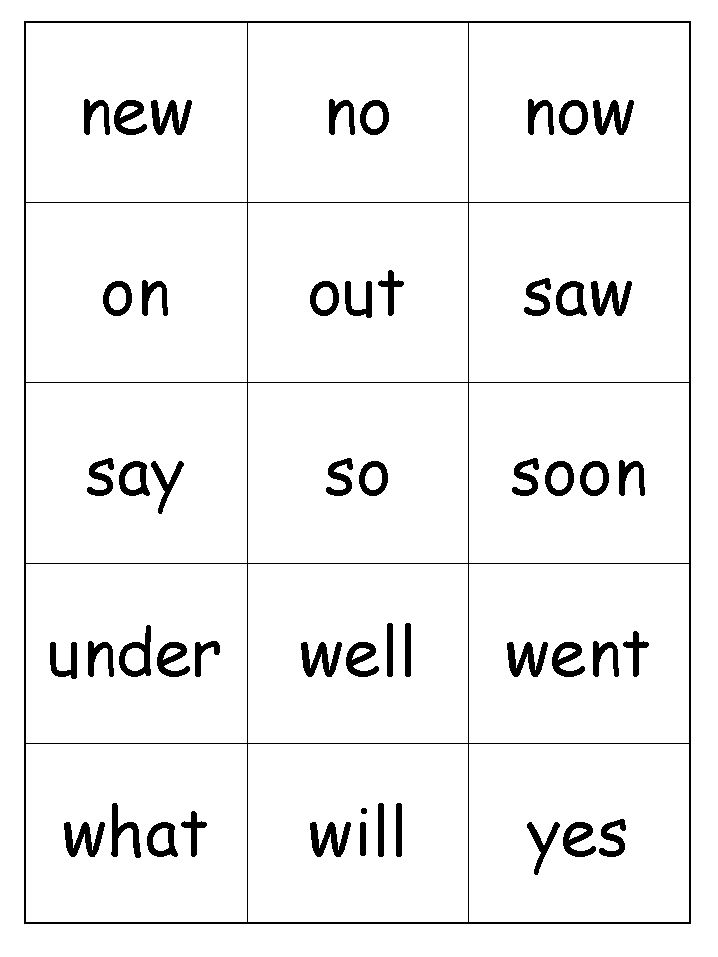 One way to create flashcards of kindergarten sight words with pictures is to have students decorate them or create an illustration that helps them remember the word.
One way to create flashcards of kindergarten sight words with pictures is to have students decorate them or create an illustration that helps them remember the word.
For example, they may draw someone crawling under a table, or they might draw a picture of a toy that has fallen under a bed to illustrate the word “UNDER.”
Whatever image helps them remember the word is fine to use. The goal is to help them learn the words so there is no right or wrong.
KINDERGARTEN SIGHT WORD FLASHCARDSKindergarten sight word flashcards are especially helpful for quick practice. They can be useful for reviewing words at home or on the go.
Some people even uploaded them as virtual flashcards to a tablet or smartphone to be practiced while in the car, visiting relatives, or on vacation.
It doesn’t matter if you print them out to review alone, study them from a device, or turn them into a game; sight word flashcards are a great way to reinforce kindergarten vocabulary.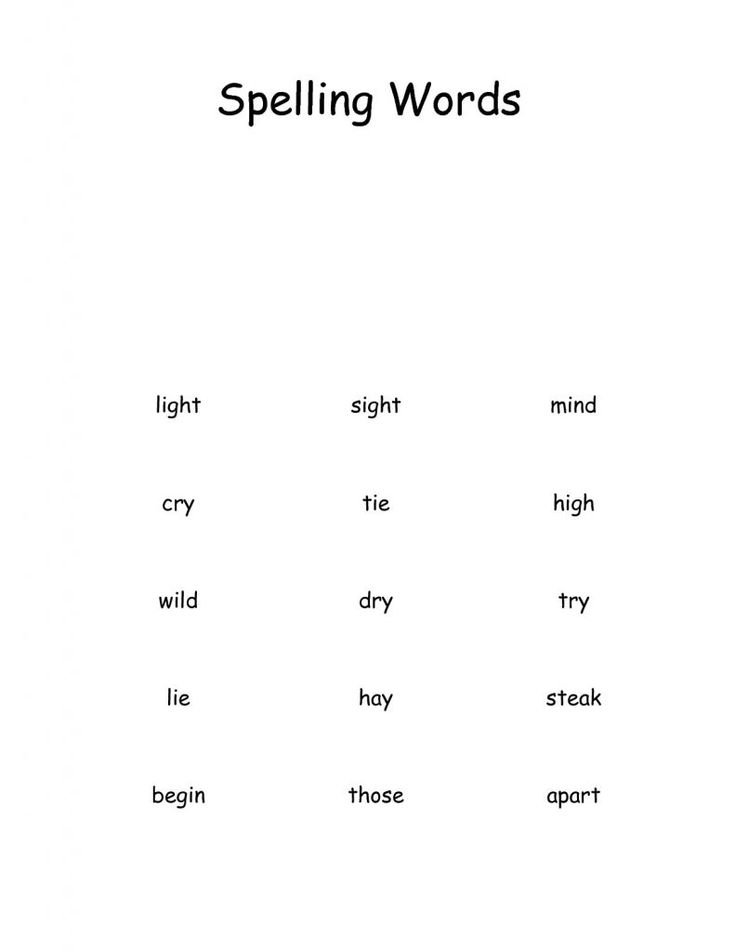
When using Kindergarten Sight Word Flashcards, start with three sight words. When your child knows these three words, add one additional word at a time to the existing words the child already knows.
If you add more, your child will likely become frustrated – and we want this to be fun! Continue adding one word at a time until your child can recognize all Kindergarten sight words.
Sight Word Games and Sight Word AppsLearning is always more effective when it’s turned into a game! Here are some of our favorite sight word games and apps.
Sight Word Games- Go on a Word Hunt: Look for sight words in your Kindergartener’s favorite book! Count how many you can find. You could also print out a list of kindergarten sight words and put a checkmark next to each one you find.
- Sight Word Hopscotch: Draw a hopscotch board on the sidewalk with chalk and write different sight words in each square.
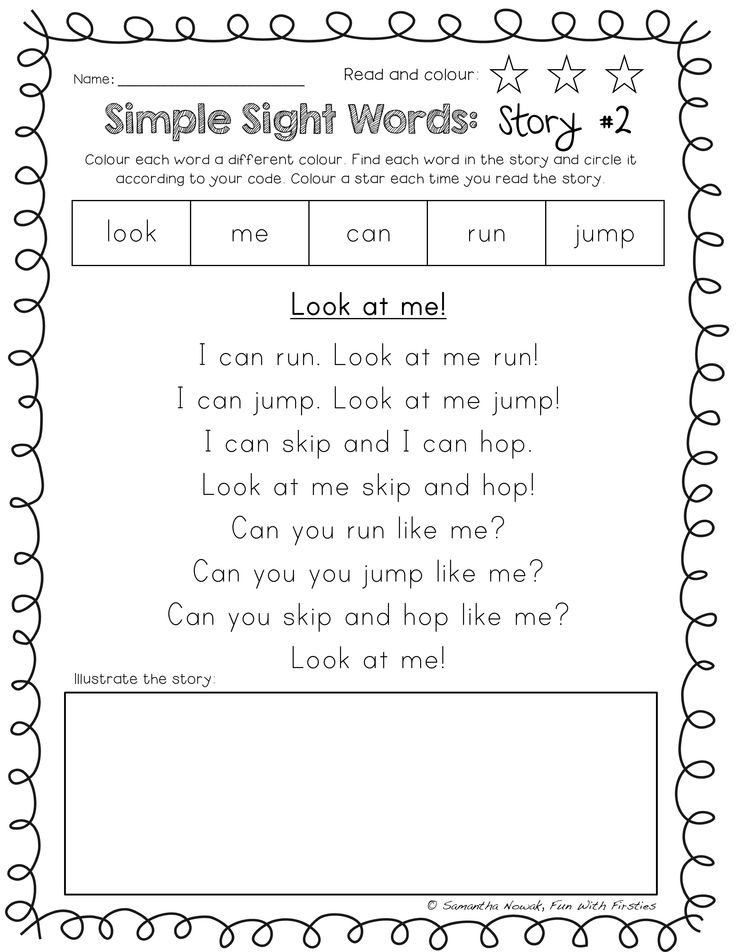 As your child hops from square to square, have him call out the sight word he’s jumping to.
As your child hops from square to square, have him call out the sight word he’s jumping to. - Sight Word Water Balloon Smash: Fill water balloons and write sight words on each balloon in a permanent marker. On the sidewalk, write the sight words in chalk. Have your child choose a balloon, match it to the word on the sidewalk, and smash it on the chalked word. Not only is it a lot of fun, but it’s also a great way to stay cool.
- There are more Games in this Kindergarten Sight Word Bundle Packet, like these puzzles, etc.
- Sight Words by Photo Touch – Free. This no-frills sight word app lets kids match the sight words and progress through the different levels.
- Sight Words List by Innovative Mobile Apps – $1.39. Bright and simple, this app lets you use pre-built lists of sight words or create your own. There are also challenges where kids can pick the sight word out of a group of words.
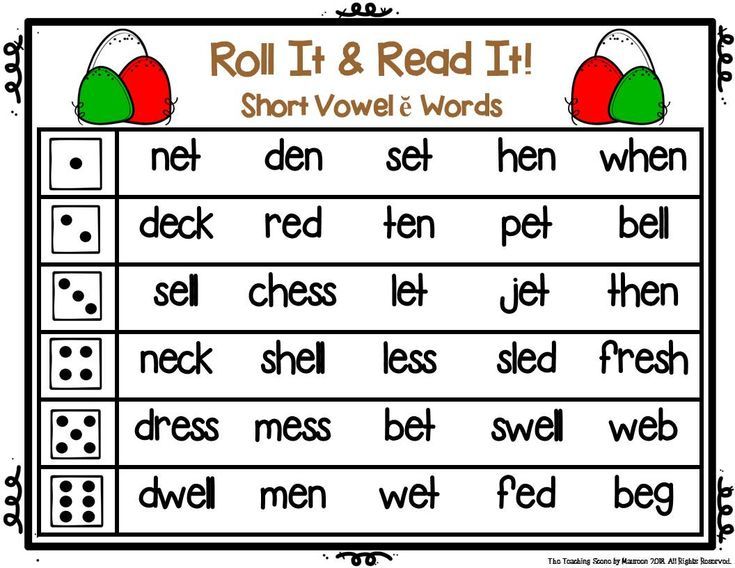 The clear font makes the words easy to read.
The clear font makes the words easy to read. - Sight Words: Kids Learn by Teacher Created Materials – Free. This sight words app features more frills than the two above. The pictures are colorful, the font is clear, and there are multiple games to help students practice their sight words.
- Print this FREE Kindergarten sight word list – Hang it by your door or on your refrigerator. Review the list daily until your child can read them fluently and confidently.
You’ll also want to think about helping them even more by using this Kindergarten Sight Word Bundle Packet.
This printable packet is easy to use; you can download it and print it over & over to help your child. The kids love it & they learn so much from the repetition of seeing the same words again & again. It’s a great way to help your child learn their sight words, which helps them to learn to read well.
See these other posts to get your child ready for school
- Teach kids their name and number with ONE tip
- How to read to your preschooler
- 5 practical, time-saving tips for school mornings
© YourModernFamily.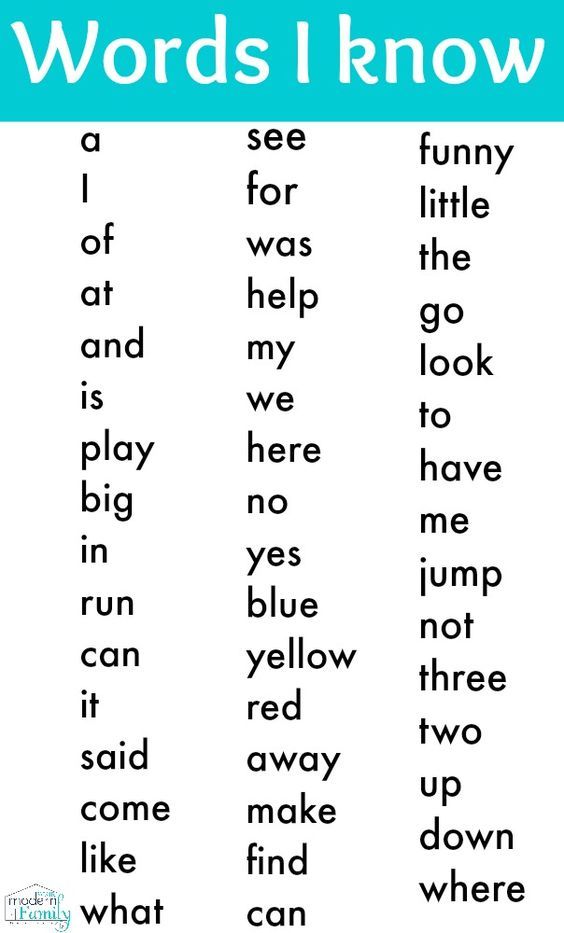 com. Content and photographs are copyright protected. Sharing of this article is encouraged and appreciated, copying and/or pasting articles to any social media is strictly prohibited.
com. Content and photographs are copyright protected. Sharing of this article is encouraged and appreciated, copying and/or pasting articles to any social media is strictly prohibited.
Kindergarten Sight Words List | Education.com
Sight words are words that appear frequently in most of the text people read, but can't easily be sounded out. Learning them helps children become more confident readers. This list of kindergarten sight words includes the most commonly used words every kid should know, also called high frequency words. Although kids won't need to be able to read these sight words until the end of kindergarten, if you've got a pre-K child itching to get started with sight words, this is a great place to start ... before kindergarten rolls around!
Download Article
Look for even more resources below.
| Kindergarten Sight Words | ||||||
|---|---|---|---|---|---|---|
|
|
|
|
|
|
|
|
|
|
|
|
|
|
|
|
|
|
|
|
|
|
|
|
|
|
|
|
|
|
|
|
|
|
|
|||||
|
|
|
|||||
For more literacy and word practice for kindergarteners, see online games, lesson plans, and more from our kindergarten resources page.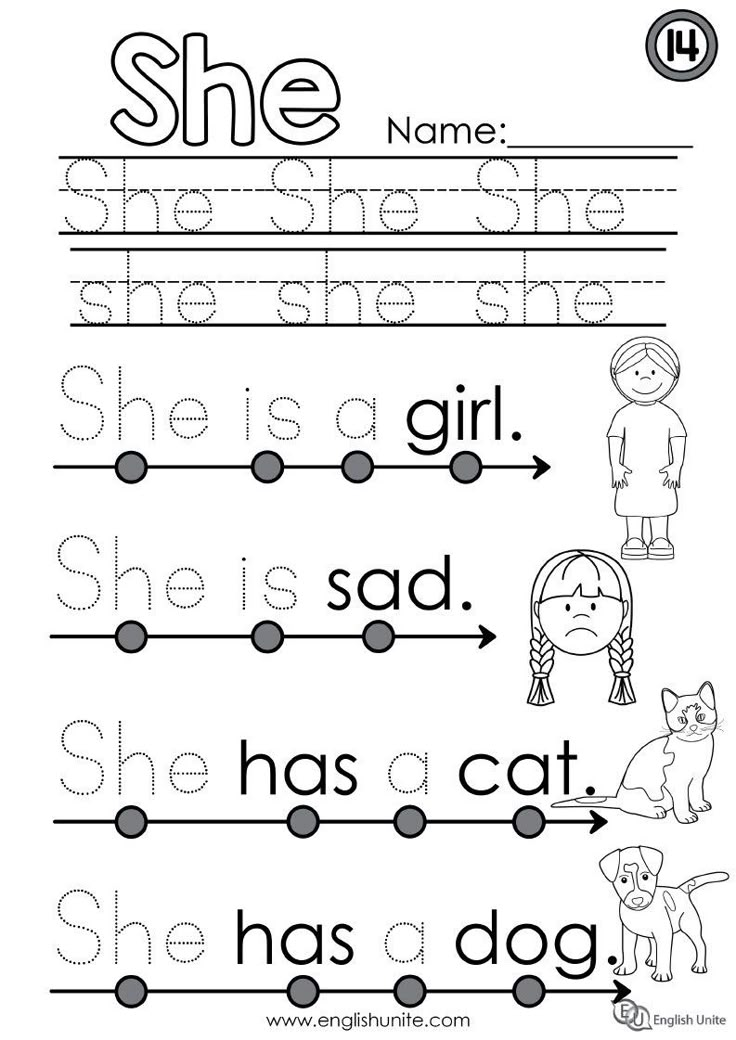
Flash cards help kids learn sight words...without it feeling like work! Check out over 100 brightly-colored sight words in our set of sight words flashcards.
To make memorization even more fun, check out our free online sight words games. Kids can practice identifying these essential words by popping balloons, hopping in mud, and soaring through the sky!
Next Article: First Grade Sight Words List
Top 100 useful phrases for a beginner to learn English
1. Hello / good bye - Hello / goodbye
2. Good morning! / Good afternoon! / Good night! - Good morning! / Afternoon / Evening
3. Please and thank you
4. Sorry
5. I don't understand. — I don't understand
6. Please speak more slowly. - Please talk slowly.
7. Could you repeat that? - Could you repeat, please?
8. What is your name? - What is your name?
9. My name is . . . . — My name is…
10. Nice to meet you! — Nice to meet you
11.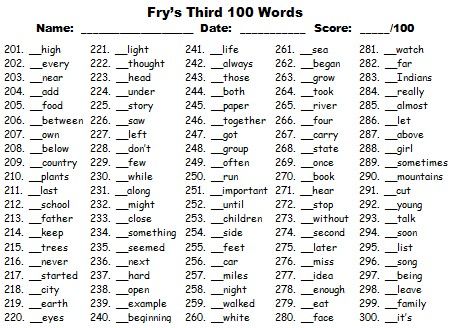 How are you doing? - How are you?
How are you doing? - How are you?
12. Can you help me? - Could you help me?
13. Let's go to…
14. I'm looking for…
15. Where is . . . the bathroom, restaurant, museum, hotel, beach, embassy? - Where is the toilet, restaurant, museum, hotel, beach, embassy?
16. How do I get to ..? - How can I get to…?
17. How do you say this? - What is the name of this item? (indicating the subject)
18. How much is this? - How much does it cost?
19. Can I ask you a question? - Can I ask a question?
20. I am from . . . . — I'm from…
21. Can you help me practice English? Could you help me practice English?
22. Could you write it down on paper?
23. What does this word mean? - What does this word mean?
24. I am hungry. - I'm hungry.
25. I am thirsty. - I'm thirsty.
26. I am cold. - I'm frozen.
27. I am feeling sick. - I feel bad.
28. How do you use this word? How is this word used?
29. Did I say it correctly? - Did I say it right?
30.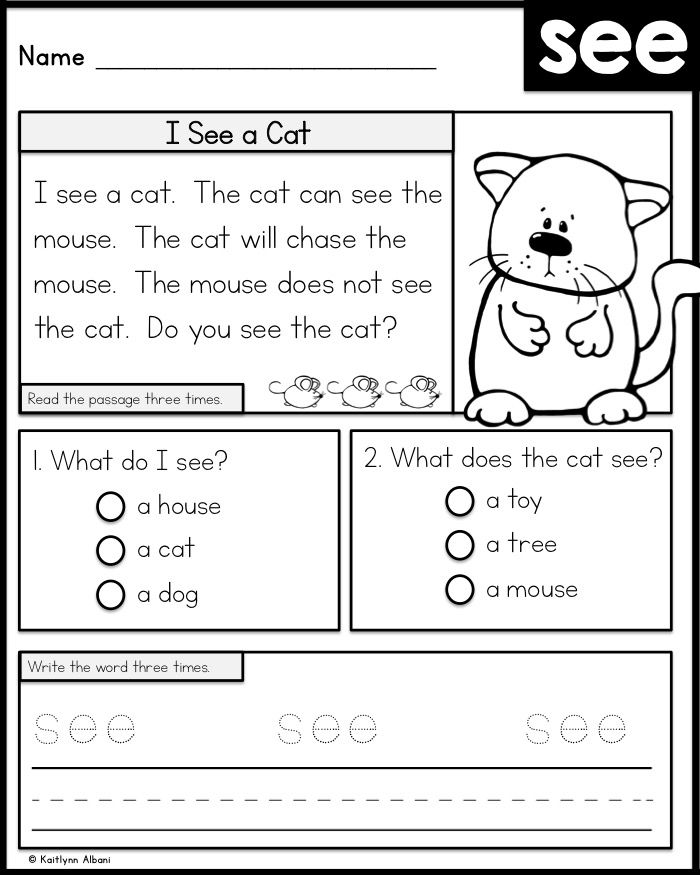 What time is it? - What time is it now?
What time is it? - What time is it now?
31. This food is amazing! This food is excellent!
32. I need to go now. - I have to go.
33. Today, yesterday and tomorrow - Today, yesterday, tomorrow.
34. Can you give me an example? - Could you give me an example?
35. Please wait a moment. - Wait a second.
36. Excuse me!
37. I'm sorry to bother you
38. Does anybody here speak Russian? -Does anyone speak Russian here?
39. I don't speak English very well. — I don't speak English very well.
40. I speak English a little bit. — I speak some English
41. I need an interpreter. - I need a translator.
42. Where can I buy …? - Where can I buy …?
43. That's (too) expensive. - It's too expensive.
44. I'll take one / it / this. - I'm taking this.
45. I like this. — I liked this one.
46. I don't like that. - I do not like it.
47. Can I pay by credit-card? — Can I pay with a plastic card?
48. Can I exchange this? — Can I exchange it?
49.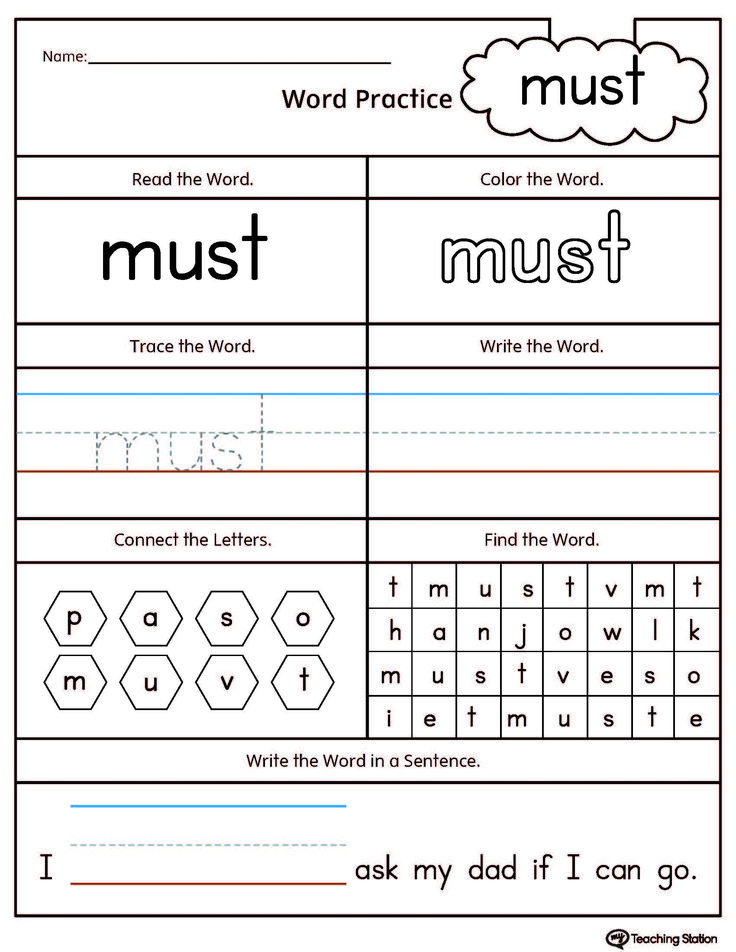 That's all, thanks. - Nothing more, thank you.
That's all, thanks. - Nothing more, thank you.
50. Excuse me, where can I get a taxi? — Excuse me, where is the taxi?
51. This address, please - At this address, please!
52. Drive me to the airport/hotel/city center. — Take me to the airport / hotel / city center.
53. When does the bus to Boston leave? When does the bus leave for Boston?
54. Stop here, please. - Stop here, please.
55. I'd like a ticket to…
56. When does the check-in begin? - When does registration start?
57. Where can i return my ticket? — Where can I return my ticket?
58. Here are my passport and custom declaration. — Here is my passport and customs declaration.
59. Here is my luggage. - Here's my luggage.
60. It is a business trip. - This is a business trip.
61. It is a tourist visit. - This is a tourist trip.
62. I travel with a group. - I'm traveling as part of a tour group.
63. I want to book a room. — I want to book a room.
64.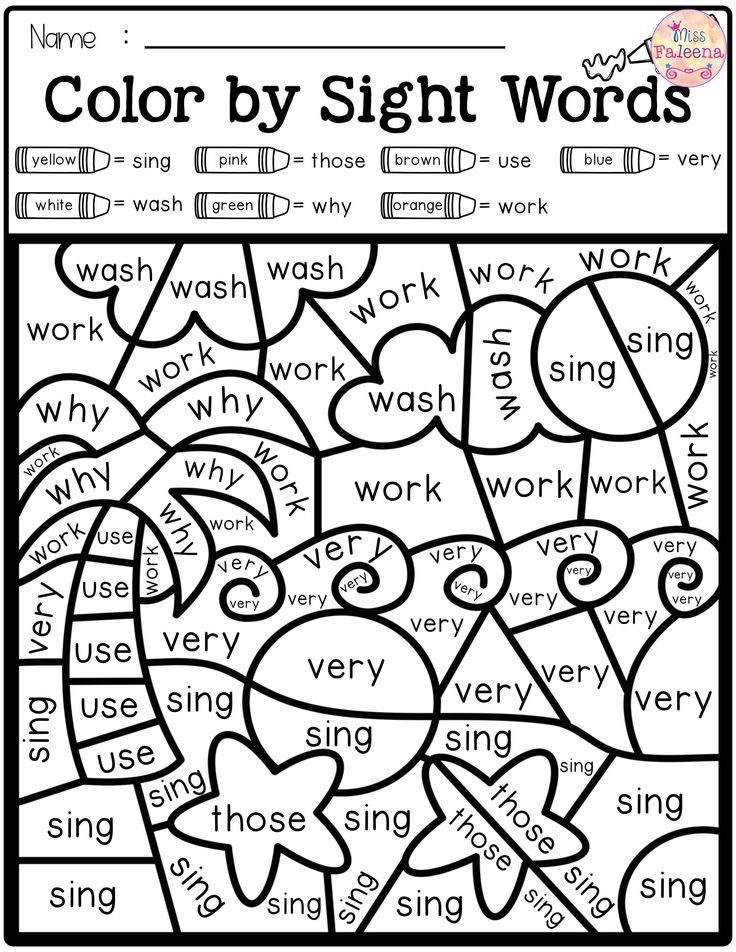 I want a room with bed and breakfast. — I want a bed and breakfast room.
I want a room with bed and breakfast. — I want a bed and breakfast room.
65. Non-smoking, please. - Non-smoking please.
66. Here you are. - Here, take it.
67. Keep the change. - Surrender is not required.
68. Could I have the bill? - May I ask for a bill?
69. The change is not correct. - You counted the change incorrectly.
70 Could you break this 100 (hundred) dollar bill? — Could you exchange a 100-dollar bill?
71. What size is this sweater? What size is this sweater?
72. I want to try it on. - I want to try it on.
73. I need…
74. I want to book a table. — I want to book a table.
75. I'd like…
76. I do not eat meat. - I do not eat meat.
77. I agree. - I agree (I agree).
78. With pleasure. - With pleasure.
79. I see. - Clear.
80. I'm busy. - I'm busy (busy).
81. Thank you. - No thanks.
82. I am sorry, but I can't. “I'm sorry, but I can't.
83. Thank you so much!
84. You are welcome! - Please (in response to thanks).